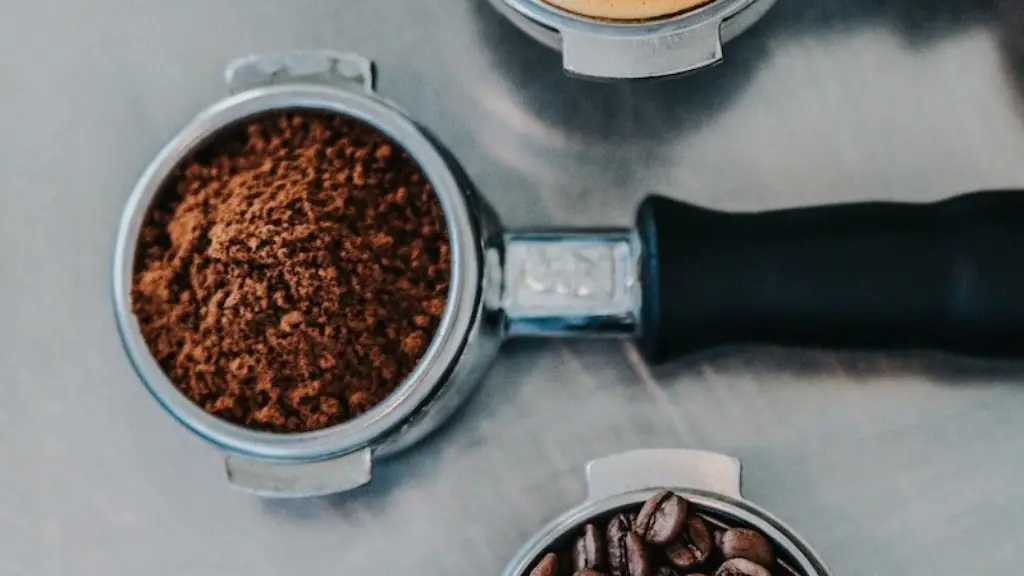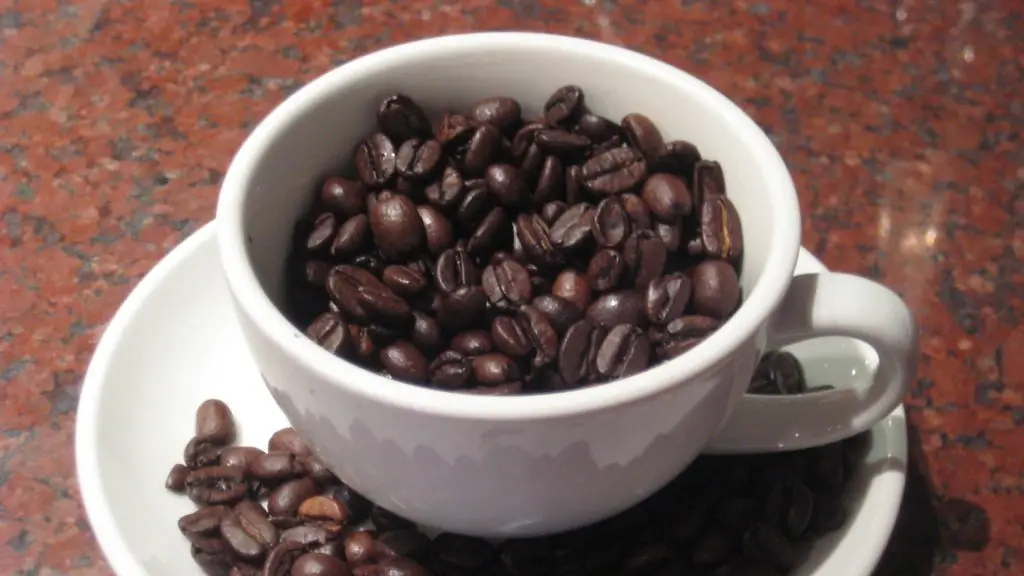Coffee is one of the world’s most popular drinks. However, among its many health benefits, there is one potential risk factor that has been associated with coffee consumption: an increase in cholesterol levels. While this isn’t an immediate cause for concern, it’s important to understand the effects of coffee drinking on cholesterol levels – and how to minimize this potential risk. This article will discuss the potential risks and provide practical advice.
Cholesterol is a type of lipid molecules produced by the liver, and is essential for the production of hormones and other substances which regulate the body. But too much cholesterol can also be a problem, leading to higher levels of low-density lipoprotein (LDL) cholesterol, or ‘bad cholesterol’ and potentially increase the risk of developing heart disease.
Studies have found that high concentrations of coffee consumption can lead to an increase in LDL cholesterol levels, however not all studies have been consistent on the severity. One study conducted on Danish and American participants found that consumption of 1-3 cups of coffee per day could lead to a slight increase in LDL cholesterol levels. However, a Brazilian study concluded that consumption of 4-6 cups per day could result in a more significant health risk.
Coffee Quality
It’s important to look beyond just the number of cups of coffee consumed, and into the wider issue of quality. Your choice of coffee bean, such as Arabica or Robusta, can significantly affect the caffeine and antioxidant content in your coffee. In addition, how you brew your coffee – for example pour over, percolator, French press or espresso, will have an influential impact on the levels of cholesterol.
Elevated levels of cholesterol in your coffee from brewing methods can be attributed to the additional fats that can remain in the cup, particularly when using whole-bean coffee. By taking a few simple steps, such as grinding your own beans, opting for lower-fat milks, filtered coffees, avoiding added sugars and opting for low-cholesterol recipes, you can significantly reduce your intake of cholesterol.
Cholesterol-Lowering Drinks
If you’re looking for a healthier alternative to reduce your intake of cholesterol, there are some cholesterol-lowering drinks you can try. Try switching to green, white or oolong tea. These are known to contain polyphenols and catechins, which are thought to help lower cholesterol levels.
Fruit juices, such as oranges, lemons, and grapefruits, also have antioxidant and anti-inflammatory properties, which can help reduce LDL cholesterol. These are packed full of vitamin C and folate, which can help reduce inflammation and promote healthy cholesterol levels.
Nutrition and Exercise
In addition to drinking cholesterol-reducing beverages, taking a balanced approach to nutrition and exercise can also help reduce your cholesterol levels. Eating foods such as nuts, vegetables, legumes, lean proteins and whole grains, as well as avoiding processed foods.can contribute to reducing cholesterol levels.
Regular exercise is essential for good health and managing cholesterol levels. Exercise helps to reduce LDL cholesterol levels while also increasing HDL cholesterol, which is the “good” cholesterol. A combination of aerobic exercise and strength training is ideal, and it is recommended by experts that adults should aim to exercise for at least 30 minutes five days a week.
Coffee and High Cholesterol
It is important to be aware of the potential risks associated with drinking coffee. An excessive intake of coffee can lead to increases in cholesterol levels, and this can have a real impact on long-term health. However, there are ways to mitigate this risk. Understanding the quality of coffee being consumed, drinking cholesterol-lowering drinks, and taking an overall approach to nutrition and exercise are some of the most effective ways to reduce the impact of coffee drinking on high cholesterol.
Consuming Coffee in Moderation
When it comes to coffee and high cholesterol, the key is moderation. Enjoying one to three cups of coffee per day should not be a problem, and as long as consumers make sure they’re mindful of their diet, exercise and adhere to cholesterol-lowering measures, they should be able to enjoy a caffeine fix with minimal risk.
Medical Advice
When it comes to coffee and high cholesterol, it is important to consult with a doctor to ensure that there are no underlying health problems that could be causing an increase in LDL cholesterol. Your doctor can help you identify any potential health issues and advise on how to mitigate the risk associated with drinking coffee.
Negative Side Effects
Whilst there are some potential risks associated with coffee drinking that could lead to an increase in cholesterol levels, it is important to remember that it has been associated with numerous other health benefits. Research has shown that coffee consumption can reduce the risk of certain types of cancer, type 2 diabetes and Parkinson’s disease.
Furthermore, studies have also shown that moderate coffee consumption could help reduce symptoms of depression and can lead to longer lifespan. It is thought to reduce inflammation, increase metabolism and help improve cognitive performance.
Individual Responsibilities
At the end of the day, it is down to individuals to make an informed decision and take responsibility for their own health. Whilst there is a potential risk associated with drinking coffee and increasing cholesterol levels, the key is to enjoy coffee in moderation and incorporate a healthy lifestyle into their daily routine.
Conclusion
In conclusion, while drinking coffee has potential risks such as an increase in LDL cholesterol levels, it is important to understand the impact of drinking coffee on cholesterol levels. Taking steps to reduce cholesterol risk such as having quality coffee, incorporating healthy beverages, eating nutritiously and exercising regularly, combined with speaking to a doctor, can drastically reduce any risk associated with drinking coffee.




